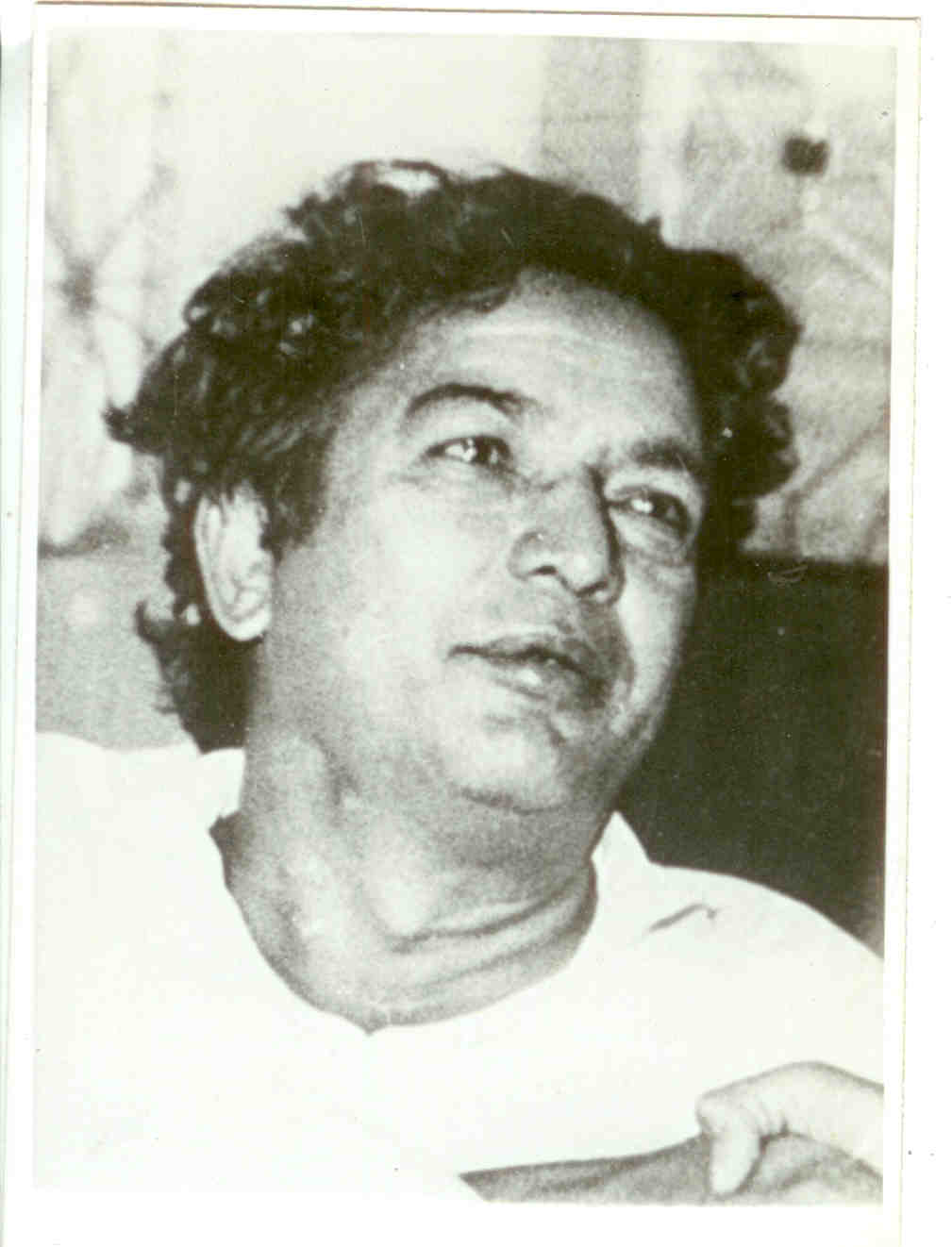Date: Wednesday, September 9, 1998
by Yogesh Pawar
You mention `socialism’ and his gnarled face lights up. “It can never die,” says the octogenarian poet, Kaifi Azmi, on whom the Maharashtra government has decided to confer the Dnyaneshwar award, this year. He feels, “Ultimately socialism will be the only source of succour for the masses,” and remarks, “Main ghulam Hindustan mein paida hua, azad secular Hindustan mein jiya or inshallah socialist Hindustan mein meri maut hogi.”
Age has taken its toll as the poet-lyricist struggles with a paralytic stroke and chronic bouts of breathlessness, but the spirit remains rebellious as ever. “The movement cannot stop, it has to go on,” he says and adds with a sigh, “the newer forms the enemy manifests itself in are more dangerous than our good old times.”
Born in a zamindar family in 1915, at Mijwan in Azamgarh, UP, the young Azmi had everyone wonderstruck by penning aghazal at the tender age of 11. “I had seen feudalism at very close quarters and realised very early on that I could strike outa new path for myself,” says he. And to do that he was determined to come to Mumbai.
But Gandhiji’s call for Quit India on August 8, 1942, saw the young Azmi at the forefront of protest. “I was arrested and imprisoned on two occasions, in the Kanpur and Benaras jails,” he says. Which is why he made it to Bombay only in 1943.
And started work with the CPI-run Urdu paper Quami Jung. “I knew I had to work for this paper. There was no question of thinking of existential questions like where to live,” says he. So, Azmi settled down to commune life in Khetwadi.
After his marriage to Shaukat (a noted stage actress), Azmi found it increasingly difficult to make ends meet. “That’s how I reluctantly agreed to write songs for my first film Buzdil(directed by Shaid Latif in 1948),” he says. The music was a hit but work did not come pouring in.
“Communists were thought to be dangerous people,” he chuckles. But a chance meeting brought Guru Dutt and Azmi together and the lyrics for Kagaz KePhool were written. After that came films like Shama, Haqeeqat, Shola Aur Shabnam, Anupama and later Arth. Azmi has also bagged both the National and Filmfare awards for his soul-stirring screenplay and dialogue for the film Garam Hawa.
“Partition was perhaps the most cruel crime perpetrated on the masses of this sub-continent and it will be years before the wounds heal,” he says. Recently, he had occasion to act too, in Saeed Mirza’s Naseem.
His accolades however, don’t just rest on his film-based works but also his contribution to literature. His works like Jhankar, Akhr-E-Shab, Awara Sajde and Sarmaya have been well received. On being asked to name a few of his favourite poems, he mentions Aurat, Makaam Daera, Bahuroopiniand Doosra Banwas.
Apart from the country’s highest honours like Padmashri and the Sahitya Akademi Award, Azmi has also been the proud recipient of the Afro-Asian Lotus award, the Maharashtra Gaurav Award and the UPgovernment’s Yuva Bharati Award. The poet has also been honoured with a doctorate from the Vishwabharati University where his poems are taught as a part of the curriculum.
The proud father of cinematographer Baba Azmi and actress Shabana, he is full of praise for his daughter. “Who wouldn’t be proud of a daughter like her?” he asks.
He is not so proud when it comes to the state of the country — “religion, language, state, caste and community are being used to create division among people. People are being deliberately diverted toward these issues even as imperialism in its new avatar as MNCs is besieging the country,” he says.
When asked to point out why communism failed in the erstwhile USSR if it had all the answers, he says, “A totalitarian dictatorial regime had taken sway in the name of communism, so it was natural for it to be thrown off.”
Source: Indian Express
The lion still roars














